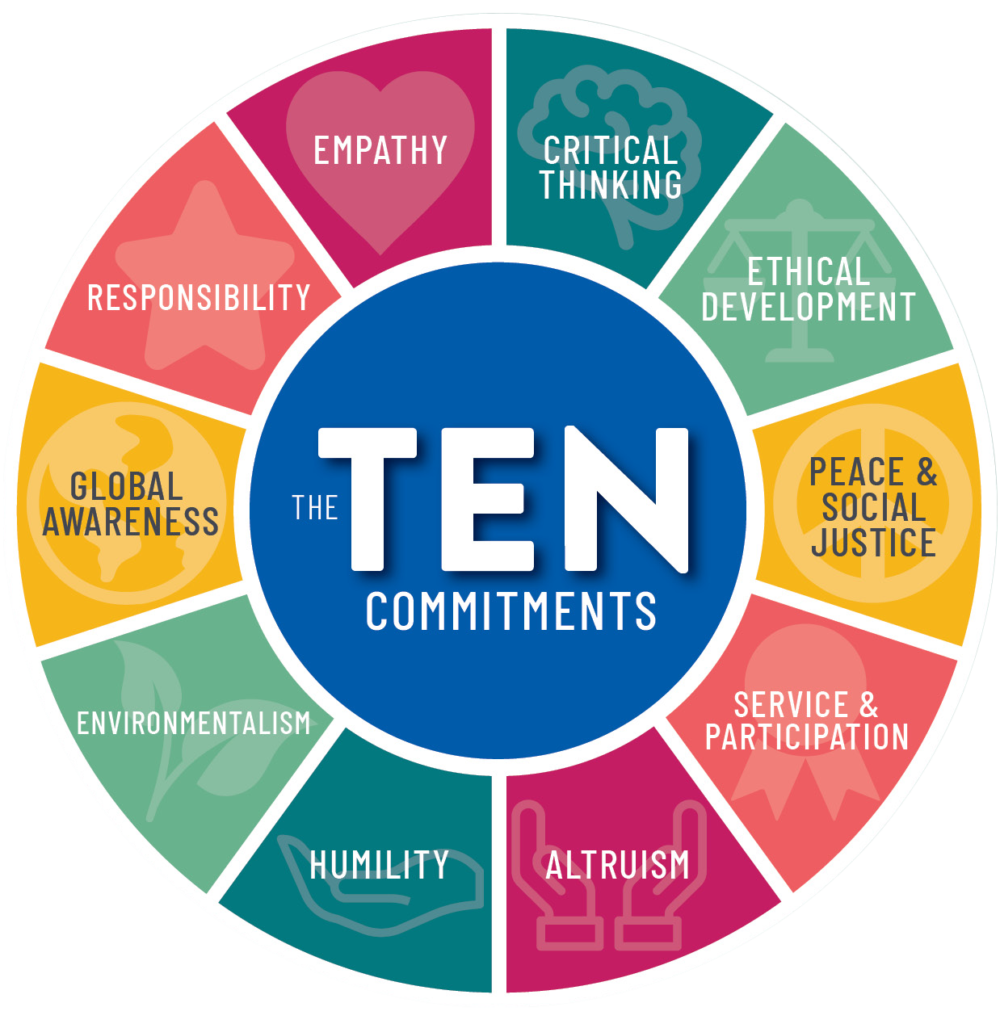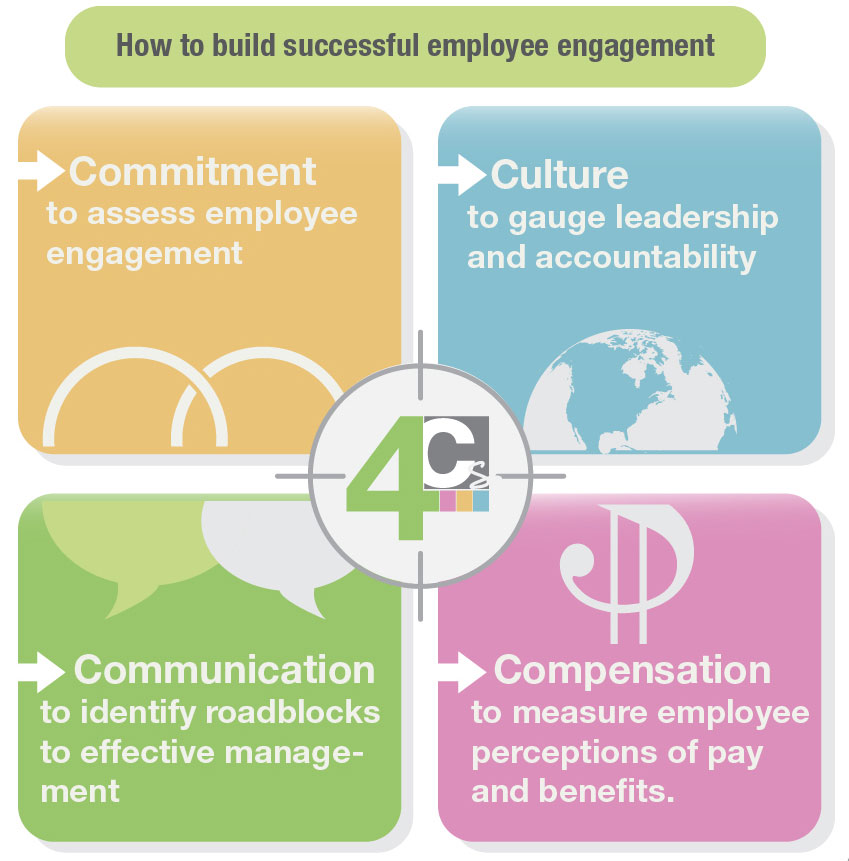Are you looking for ways to strengthen your commitment? Look no further! Lifehackingtools has got you covered with their incredible product, “10 Tips to Enhance Your Commitment.” This website is dedicated to helping individuals optimize their lives and increase productivity, making it the perfect destination for those seeking practical advice. With their expertly curated tips, you’ll be equipped with the knowledge and strategies needed to boost your commitment in all areas of life. Get ready to take your dedication to the next level and achieve your goals like never before!
Setting Clear Goals
Identify your priorities
When it comes to setting clear goals, the first step is to identify your priorities. Take some time to reflect on what is most important to you in different aspects of your life, such as career, relationships, health, and personal growth. By understanding your priorities, you can set goals that align with what truly matters to you.
Establish SMART goals
Once you have identified your priorities, it’s time to establish SMART goals. SMART is an acronym that stands for Specific, Measurable, Achievable, Relevant, and Time-bound. When setting your goals, make sure they are specific and well-defined, so you know exactly what you are working towards. Ensure that your goals are measurable, so you can track your progress and celebrate milestones along the way. Make sure your goals are achievable and realistic, taking into account your current resources and capabilities. They should also be relevant to your long-term vision and values. Lastly, set a clear time frame for your goals, as this will help create a sense of urgency and keep you focused.
Creating a Supportive Environment
Surround yourself with positive influences
Creating a supportive environment starts with surrounding yourself with positive influences. Surrounding yourself with positive, like-minded individuals can help fuel your motivation and provide encouragement and support. Seek out people who inspire you and who share similar goals and values. Whether it’s joining a networking group, attending industry events, or participating in online communities, surrounding yourself with positive influences can greatly enhance your commitment to achieving your goals.
Remove distractions
Another crucial aspect of creating a supportive environment is removing distractions. Identify any external factors that may hinder your progress and eliminate or minimize them as much as possible. This might involve decluttering your physical workspace, turning off notifications on your phone or computer, or creating specific time blocks for focused work. By removing distractions, you can create a conducive environment that allows you to stay focused and dedicated to your goals.

This image is property of americanhumanistcenterforeducation.org.
Building a Routine
Create a structure
Building a routine is essential for maintaining consistency and staying committed to your goals. Structure your day by creating a schedule that includes dedicated time for working towards your goals. Determine the most productive times of the day for you and allocate those hours to tasks that align with your priorities. By creating a structured routine, you eliminate decision fatigue and ensure that you consistently take action towards your goals.
Incorporate regular reflection and evaluation
In addition to creating a structure, it’s important to incorporate regular reflection and evaluation into your routine. Set aside time each week or month to reflect on your progress, evaluate what is working, and make any necessary adjustments. This self-reflection allows you to celebrate your achievements, learn from your mistakes, and stay aligned with your long-term vision. It also serves as a reminder of why you set your goals in the first place, further enhancing your commitment.
Staying Motivated
Find your ‘why’
To stay motivated and committed to your goals, it’s important to find your “why.” Your “why” is your deep-rooted reason for pursuing your goals. It’s the driving force that keeps you going even when faced with challenges or setbacks. Take some time to reflect on the reasons behind your goals and the impact they will have on your life and the lives of others. By connecting with your “why”, you can tap into a powerful source of motivation that will fuel your commitment.
Reward yourself
Another effective way to stay motivated is to reward yourself along the way. Celebrate your achievements, no matter how small, and acknowledge the progress you have made. Rewards can vary depending on your preferences and goals. They can be as simple as giving yourself a pat on the back, treating yourself to a favorite meal, or indulging in a relaxing activity. By rewarding yourself, you reinforce positive behavior and create a sense of pleasure associated with achieving your goals.

This image is property of www.marcuslemonis.com.
Developing Discipline
Practice self-control
Discipline is a key element in maintaining commitment to your goals. It involves developing self-control and the ability to resist short-term temptations in favor of long-term rewards. Practice self-control by becoming aware of your impulses and developing strategies to manage them. This might involve techniques such as delaying gratification, setting boundaries, or using positive affirmations. By practicing self-control, you strengthen your commitment and increase your chances of success.
Break tasks into smaller steps
Developing discipline also involves breaking tasks into smaller steps. Sometimes, the sheer magnitude of a goal can be overwhelming and demotivating. By breaking your goals down into smaller, more manageable tasks, you can increase your sense of progress and maintain momentum. This approach allows you to focus on one step at a time, making it easier to stay committed and motivated. As you accomplish each smaller task, you will feel a sense of achievement, further fueling your commitment to the larger goal.
Managing Time Effectively
Set deadlines
Managing your time effectively is crucial for maintaining commitment to your goals. One effective strategy is to set deadlines for your tasks and goals. Deadlines create a sense of urgency and provide structure to your workflow. They also help you prioritize tasks and allocate your time and resources accordingly. When setting deadlines, be realistic and consider your other commitments and responsibilities. By setting clear and achievable deadlines, you can stay on track and ensure that you make consistent progress towards your goals.
Use time-blocking techniques
Another effective time management technique is time-blocking. Time-blocking involves scheduling specific blocks of time for different tasks or activities. It allows you to allocate dedicated time for your most important goals and ensures that you have designated periods for focused work. When using time-blocking, make sure to consider your energy levels and natural productivity rhythms. By using this technique, you can maximize your productivity, minimize distractions, and enhance your commitment to your goals.

This image is property of wholeheartedlylaura.com.
Improving Self-Discipline
Practice delayed gratification
Improving self-discipline involves practicing delayed gratification. This means resisting the temptation for immediate satisfaction and instead focusing on long-term rewards. Train yourself to postpone gratification by setting small, achievable goals and acknowledging each milestone along the way. By practicing delayed gratification, you strengthen your self-discipline muscle and increase your ability to stay committed to your larger goals.
Develop a growth mindset
Developing a growth mindset is another important aspect of improving self-discipline. A growth mindset is the belief that your abilities can be developed through dedication and hard work. Embrace challenges as opportunities for growth and see failures as learning experiences rather than setbacks. By cultivating a growth mindset, you develop resilience and perseverance, enhancing your commitment to achieving your goals.
Seeking Accountability
Find an accountability partner
Seeking accountability is a powerful strategy for maintaining commitment to your goals. Find an accountability partner, someone who shares similar goals and is committed to supporting your progress. Share your goals with this person and establish a system of regular check-ins or progress updates. Knowing that someone else is holding you accountable can greatly enhance your commitment and motivation to stay on track.
Join a support group
In addition to an accountability partner, joining a support group can also provide valuable accountability. Support groups bring together individuals who are working towards similar goals or facing similar challenges. They provide a safe and supportive space to share experiences, seek advice, and encourage one another. Being part of a support group can provide a sense of community and shared commitment, boosting your motivation and dedication.

This image is property of image.jimcdn.com.
Overcoming Procrastination
Identify the root causes
Procrastination can be a significant barrier to commitment and goal achievement. To overcome procrastination, it’s important to identify the root causes. Reflect on the reasons why you tend to procrastinate. Is it due to fear of failure, perfectionism, lack of clarity, or overwhelm? By understanding the underlying causes, you can develop strategies to address and overcome them, increasing your commitment and productivity.
Use visualization techniques
Visualization techniques can also help overcome procrastination. Take some time to visualize yourself successfully completing the tasks or goals you have been procrastinating on. Imagine the positive outcomes and how it will feel to achieve your goals. Visualization can create a sense of motivation and anticipation, making it easier to overcome procrastination and take action. By using visualization techniques, you can rewire your mindset and enhance your commitment to your goals.
Taking Care of Yourself
Prioritize self-care
Taking care of yourself is vital for maintaining long-term commitment to your goals. Prioritize self-care by ensuring you allocate time for activities that recharge and rejuvenate you. This might include exercise, spending time with loved ones, practicing mindfulness or meditation, or engaging in hobbies. By taking care of yourself, you replenish your energy levels, reduce stress, and improve your overall well-being, allowing you to sustain your commitment in the long run.
Manage stress effectively
Effective stress management is also crucial for maintaining commitment. Chronic stress can lead to burnout and decreased motivation, making it difficult to stay committed to your goals. Find healthy coping strategies that work for you, such as exercise, deep breathing, journaling, or spending time in nature. Experiment with different techniques and identify what helps you manage stress effectively. By managing stress, you can maintain a clear mind, higher energy levels, and a strong commitment to your goals.
Commitment is the key to achieving your goals and making lasting changes in your life. By setting clear goals, creating a supportive environment, building a routine, staying motivated, developing discipline, managing time effectively, improving self-discipline, seeking accountability, overcoming procrastination, and taking care of yourself, you can enhance your commitment and increase your chances of success. Remember, commitment is a journey, and it requires dedication, perseverance, and a positive mindset. Stay focused, stay committed, and you will achieve your goals.

This image is property of i0.wp.com.